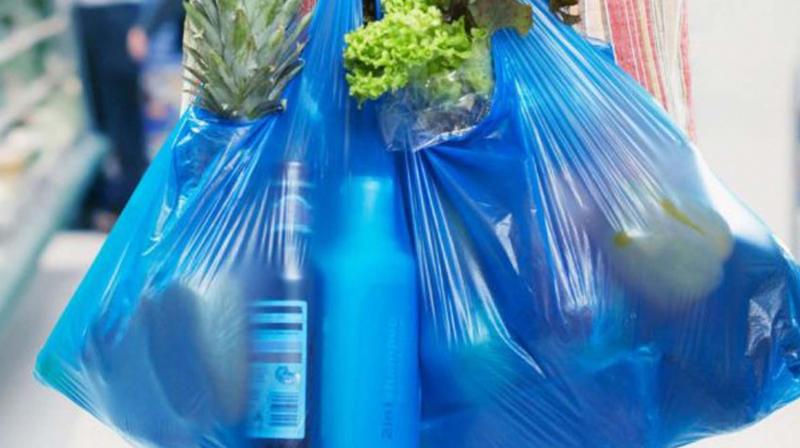Tamil Nadu: Bioplastic as alternative evokes mixed reactions
Large scale bioplastic manufacturing could also potentially lead to an increase in the conversion of forest areas to arable land.

Chennai: With plastic ban in the state approaching quickly, the government and the public are preparing to use alternatives. One such promoted alternative is bioplastic, made from sugarcane or corn extracts.
Bioplastics are in principle climate-neutral since they are based on renewable raw materials. These plants get the CO2 that they need from the air through their leaves, researchers said. Producing bioplastics, therefore, consumes CO2, which compensates for the amount that is later released at end-of-life. Overall, their net greenhouse gas balance is assumed to be zero.
Researchers from the Central Institute of Plastic Engineering and Technology in Chennai said that although bioplastics are a suggested alternative, they still lack the technical know-how to scale it up and replace single-use plastics entirely. “At least 10 companies have approached us for testing their model. This is still in the beginning stages and will take at least six months to approve for manufacturing,” a professor from the Institute said.
Large scale bioplastic manufacturing could also potentially lead to an increase in the conversion of forest areas to arable land. “The danger of bioplastic is that we will need that much of raw material to produce it. It may be renewable but the sheer amount of it has not been estimated. Due to industrialisation and urbanisation, agricultural land is being turned into concrete jungles. It would be difficult to turn it back,” the professor said.
Echoing his thoughts, a recent study claimed that bioplastics are not all good for the climate. The study from the University of Bonn in Germany suggests that shifting to plant-based plastics could have less positive effects than expected. An increased consumption of bioplastics in the following years is likely to generate increased greenhouse gas emissions from cropland expansion on a global scale.
The study found that it takes a lot of time for the switch to bioplastics to pay off. “The belief that bioplastics will reduce the amount of waste in the oceans may not even come true,” the paper said, adding that “researchers said that if governments really want to protect the environment, they should rather pursue a different strategy: It makes more sense to use plastic sparingly and to ensure that it is actually recycled.”

